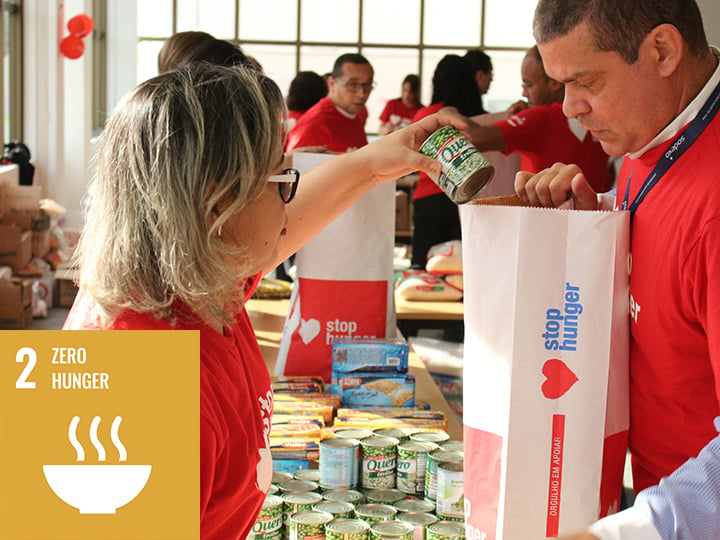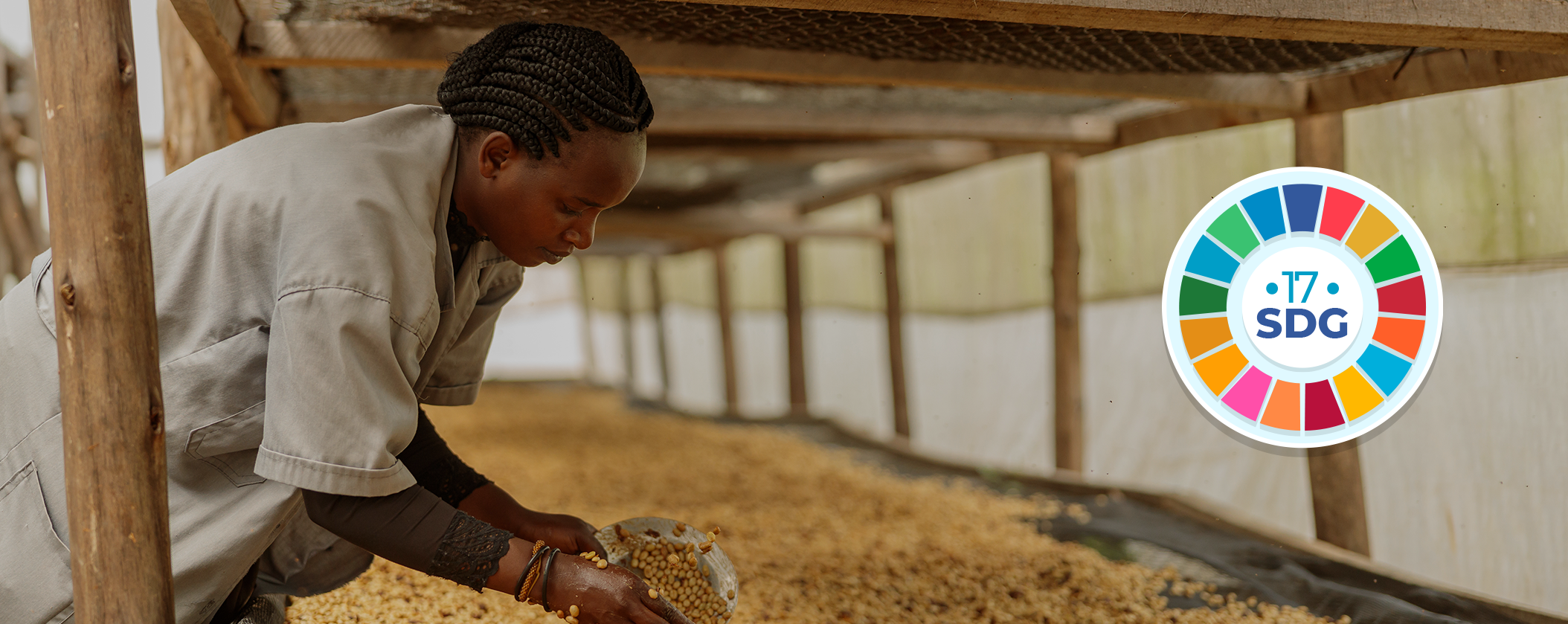
Sustainable Development Goals
Stop Hunger is committed to contributing to driving progress toward multiple United Nation Sustainable Development Goals, with a primary focus on Zero Hunger (SDG 2). By addressing food insecurity, promoting education, and empowering communities, we aim to create lasting impact through our long term projects and partnerships.
We also actively contribute to:
SDG 1
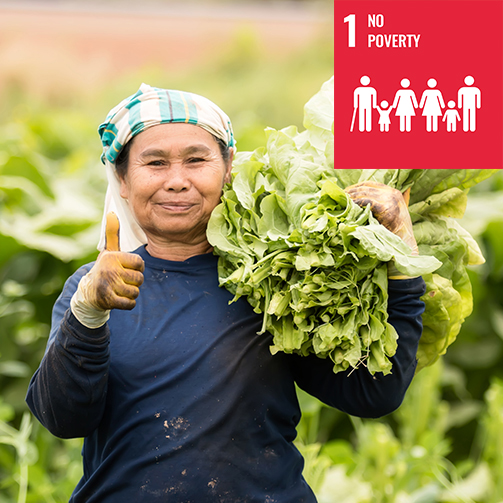 No Poverty
No Poverty By addressing food insecurity and empowering women, we help families break the cycle of poverty and seize new opportunities.
SDG 4
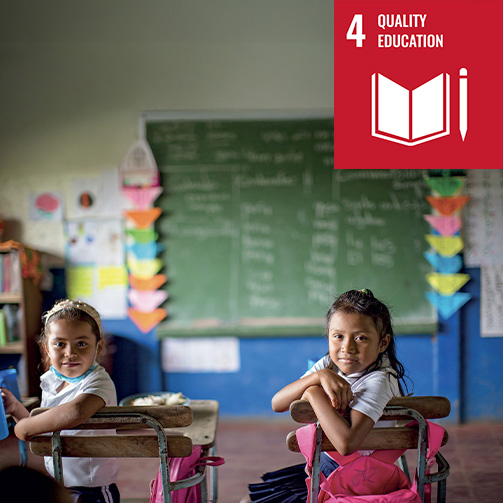 Quality education
Quality educationWe support educational programs that equip children with essential skills, fostering a future where young generations become key drivers of change.
SDG 5
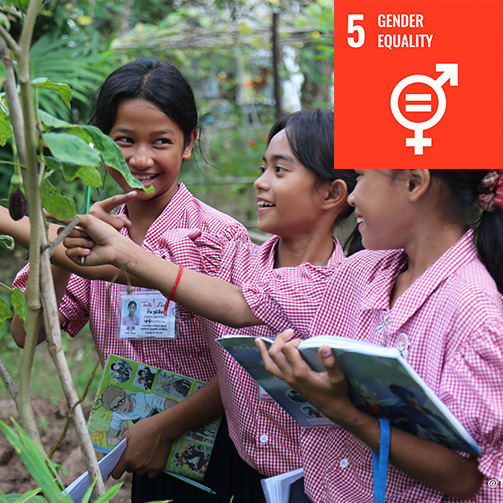 Gender Equality
Gender EqualityWe tackle the intersection of hunger and gender inequality by providing women with the resources, training, and support they need to achieve financial independence.
SDG 8
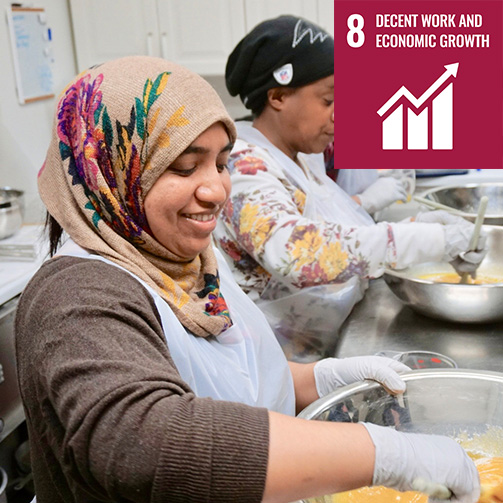 Decent Work & Economic Growth
Decent Work & Economic GrowthThrough training and skill development initiatives, we empower women and young people with employment opportunities, fostering inclusive economic growth.
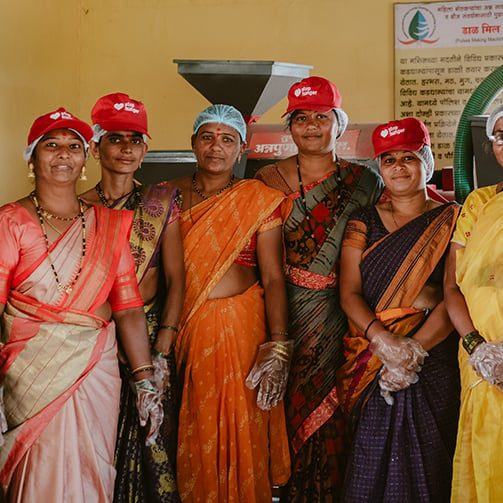
Impact Stories
Explore our Impact Stories which show how we contribute to the Sustainable Development Goals.
